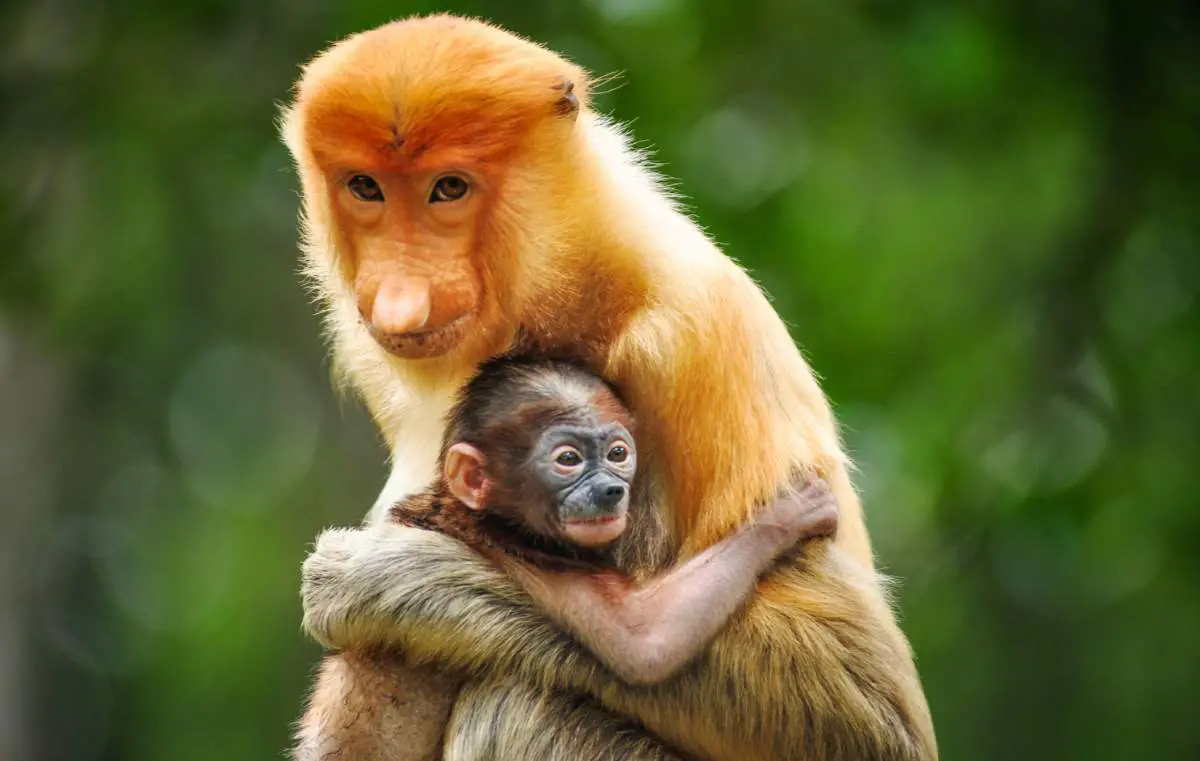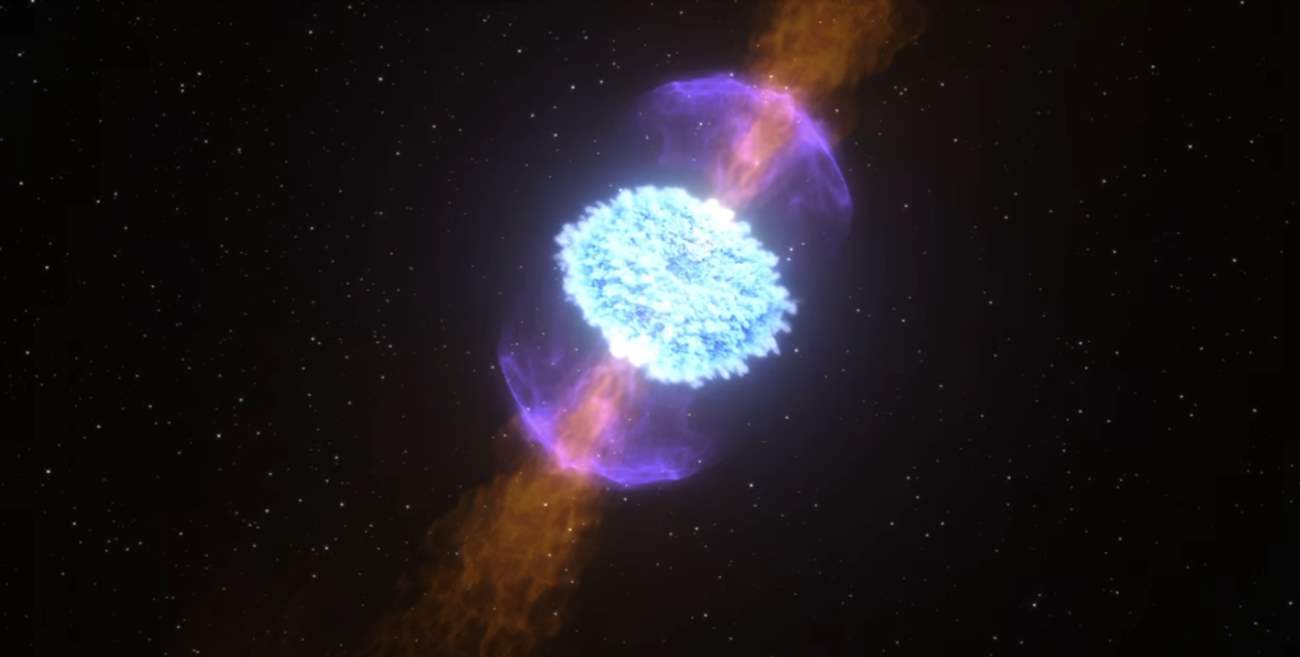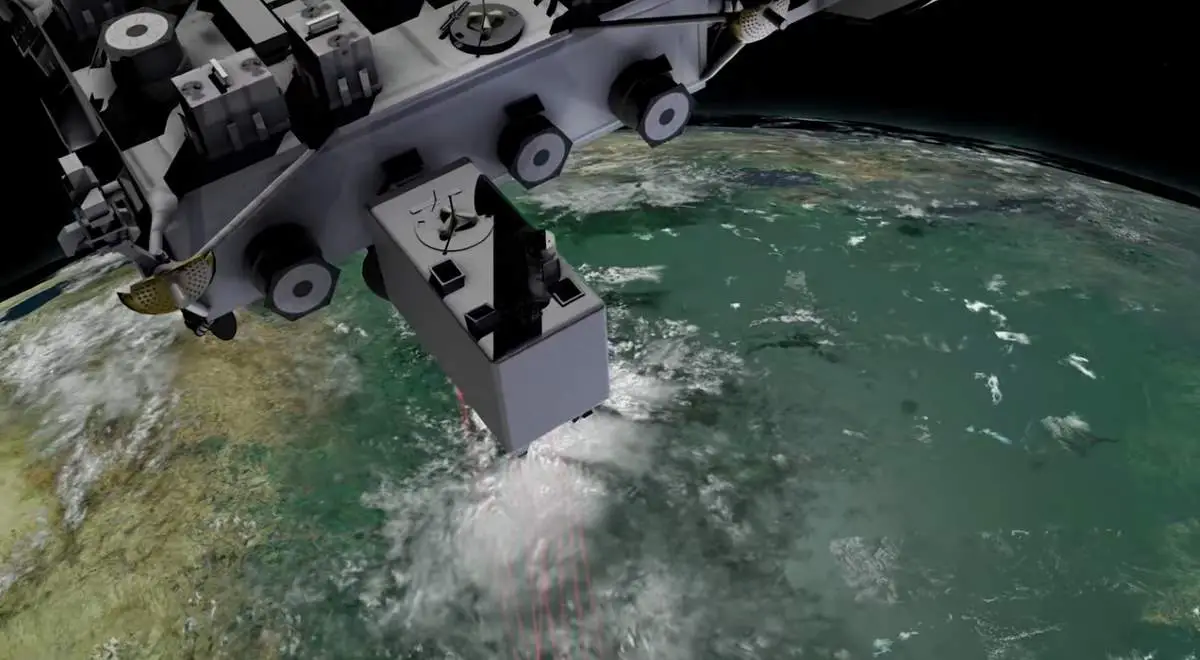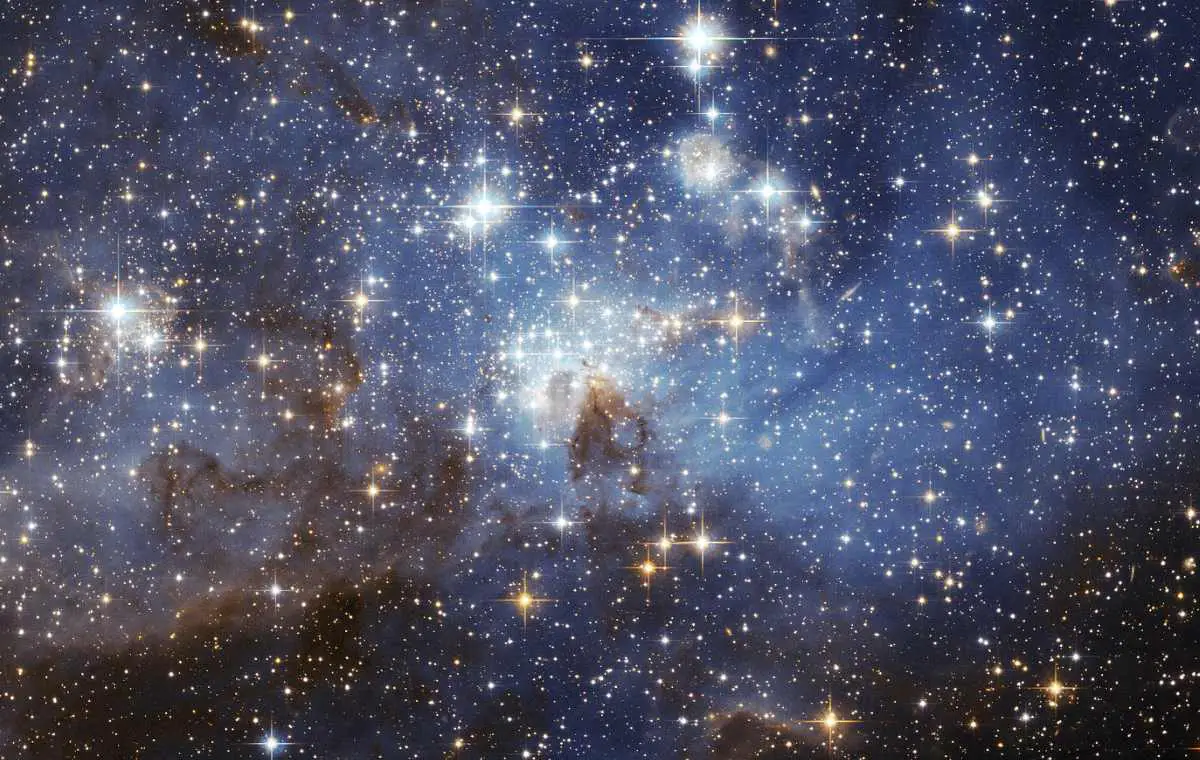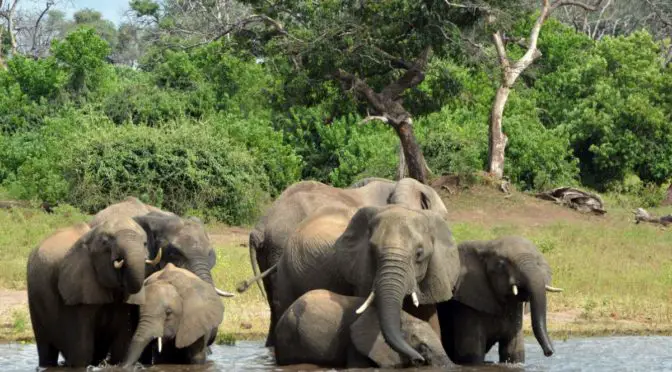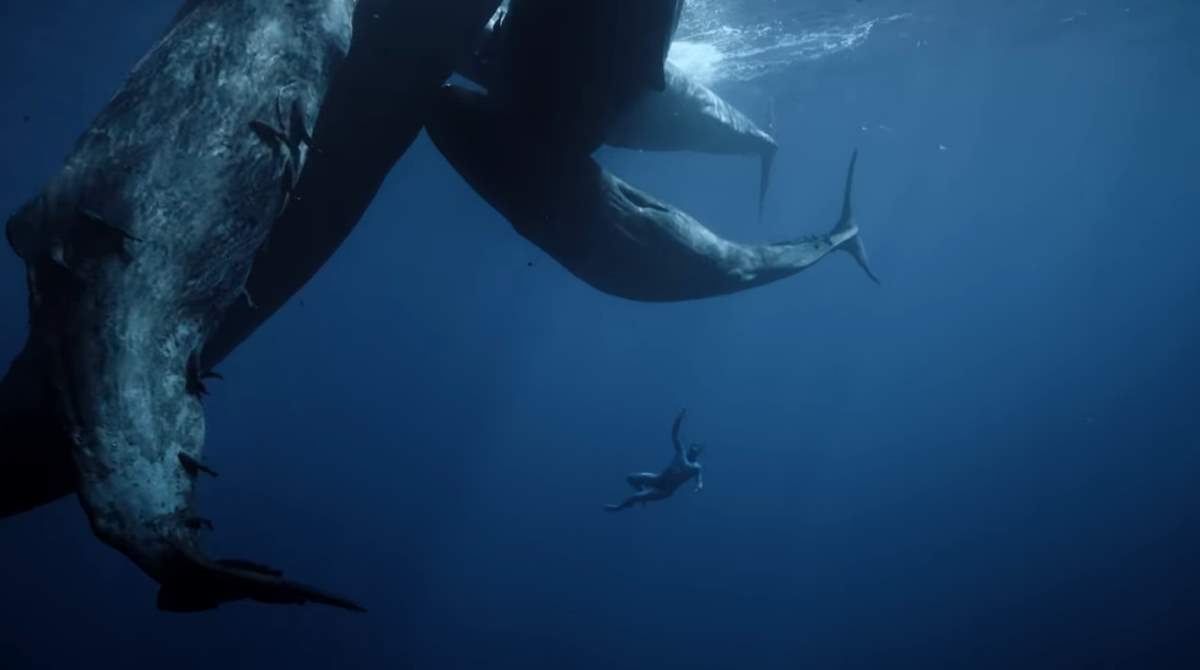We, humans, are destroying the Earth’s wilderness, very fast. Actually, we are the main (and probably the only) cause of the sixth major extinction event in the history of our planet. Now, a recent UN report says at least one million species (animals, plants, and insects) are at the risk of extinction. There will be serious consequences for life on Earth, and also for human beings.
